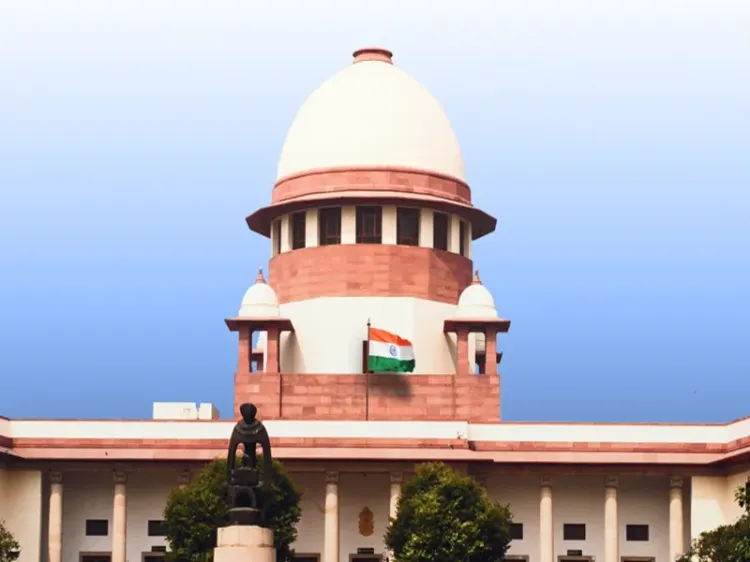Supreme Court Clarifies Prosecution's Duty in NDPS Cases

Synopsis
Key Takeaways
- The prosecution must establish conscious possession of contraband.
- Conscious possession means being aware of the illegal substance.
- The accused must explain their possession if the prosecution proves it.
- The court requires credible evidence for possession.
- High Court's decision upheld by the Supreme Court.
New Delhi, Jan 23 (NationPress) The Supreme Court has determined that in legal proceedings involving violations of the Narcotic Drugs and Psychotropic Substances (NDPS) Act, 1985, it is the responsibility of the prosecution to demonstrate that the contraband was seized from the conscious possession of the accused.
"It is the responsibility of the prosecution to prove that the contraband was taken from the conscious possession of the accused. Only after this aspect is convincingly established by the prosecution will the burden shift to the accused to justify the possession in a legal and acceptable manner," stated the top court.
Defining the term, it explained that conscious possession refers to a situation where an individual not only physically holds a narcotic drug or psychotropic substance but also acknowledges its existence and nature, necessitating both physical control and mental awareness.
"Conscious possession indicates that the person was aware that they had the illicit drug or psychotropic substance under their control and understood its illegal nature," it further elaborated.
"Thus, before the court can find the accused guilty under the NDPS Act, possession must be established by the prosecution with credible evidence.
"If the accused is discovered to be in possession of any narcotic drug, it is their responsibility to satisfactorily explain such possession; otherwise, the presumption under Section 54 (concerning presumptions from possession of illicit items) will apply," stated a Bench comprising Justices J.B. Pardiwala and R Mahadevan.
The Justice Pardiwala-led Bench was reviewing an appeal from a man who had been convicted under the NDPS Act and sentenced to ten years of rigorous imprisonment for transporting three cartons of poppy husk on a train.
The appellant, arrested at Ujjain Railway Police Station, claimed he was falsely implicated and had a valid ticket to visit a relative in Gujarat's Maninagar.
Before the apex court, the appellant’s attorney contended that he was not in conscious possession of the contraband and had no connection to the three cartons.
Moreover, there were numerous passengers on the train, and the three cartons could have belonged to any one of them, warranting that the appellant be given the benefit of the doubt.
After reviewing the evidence regarding possession, the top court concluded that the appellant was indeed found to be in conscious possession of the three cartons containing poppy husk.
It commented, "The defence presented by the appellant, claiming ignorance about the three cartons and that he exited the coach with them only because officers instructed him to do so, is not convincing to us."
"We have examined the subsequent statements of the accused and do not find any satisfactory explanation regarding why he was seated on one of the cartons while the other two were closely positioned next to him," it added.
Rejecting the appeal, the apex court stated, "We are satisfied that the High Court made no error in dismissing the appeal and upholding the conviction judgment and order from the Trial Court."
It instructed the appellant, who is currently on bail, to surrender within eight weeks to complete the remainder of his sentence.










